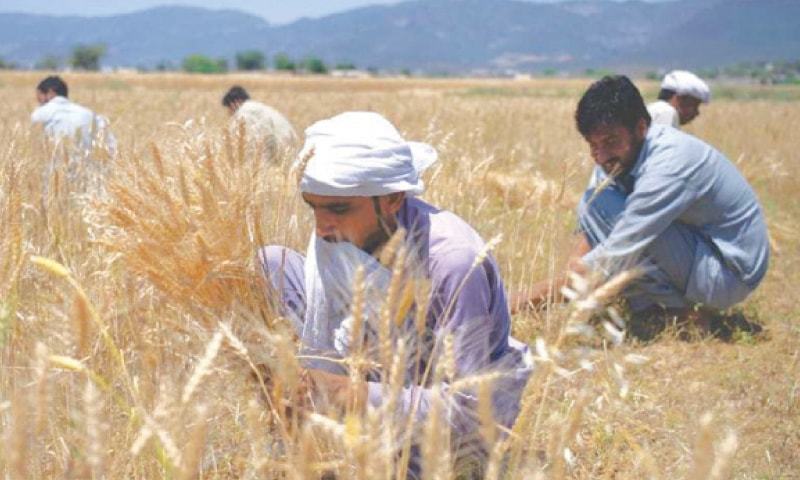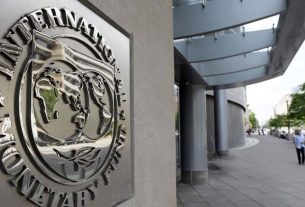ISLAMABAD: The government and the International Maize and Wheat Improvement Center (CIMMYT) on Wednesday discussed a strategy to increase wheat productivity through promoting high-yield wheat seed varieties to replace old and disease-susceptible ones.
CIMMYT Country Representative in Pakistan Dr Muhammad Imtiaz briefed National Food Security Minister Fakhr Imam on the potential strategy to increase use of high-yielding, climate resilient and rust-resistant seed varieties; closing the yield gap by timely sowing and optimal use thereby formulating and applying the right policy; and ensuring good support price in place.
At present, farmers in the country are applying almost decade old varieties resulting in a 50 per cent yield gap, whereas the new wheat varieties single-handedly contribute 50pc to productivity.
A study under the Agricultural Innovative Programme (AIP), funded by the USAID, revealed that yields of newer wheat varieties were 5-17pc higher. Moreover, the Wheat Productivity Enhancement Programme (WPEP) funded by USDA and AIP interventions had a positive impact on productivity and increased yield from 12pc to 40pc, aiding to a food secure future, findings of the CIMMYT study showed.
Mr Imam said that there is a need to strengthen the seed system value chain and emphasised the need for best wheat variety and timely planting. The wheat crop should be managed with optimum inputs like fertiliser, irrigation water, herbicides and fungicides for maximum yield, he added. He also said there is a need to conduct dedicated trials to capture yield potential.
There is a dire need to promote use of farm machinery – adopting line sowing, use zero tillage and surface seeding technologies to reduce cultivation cost and minimise risk due to shattering, threshing to ensure there was no compromise on yields, he added. Proper storage practices should be followed to avoid post-harvest losses, he said.
The CIMMYT has trained 10,000 farmers on quality wheat seed production and marketing for a sustainable local seed system.



